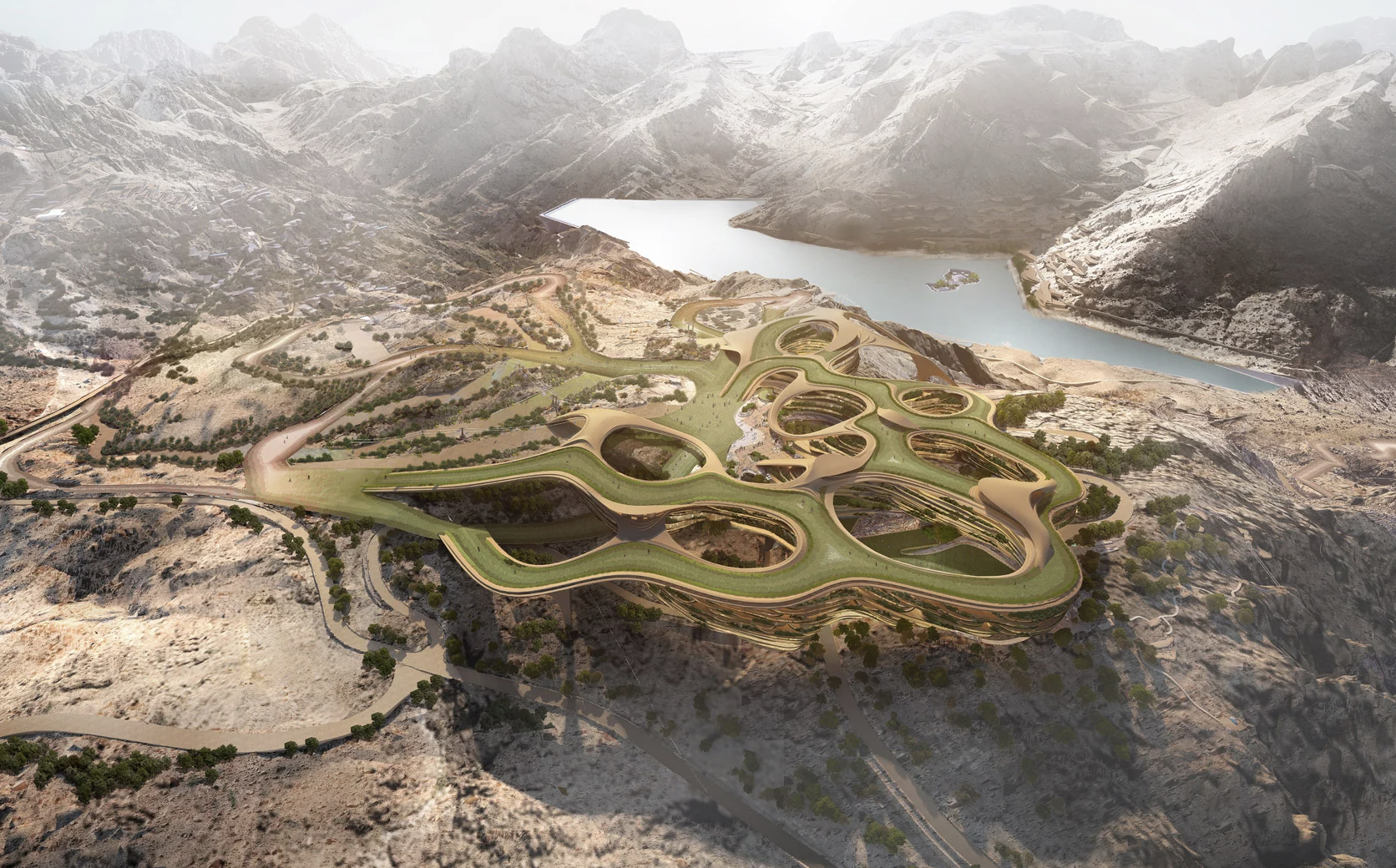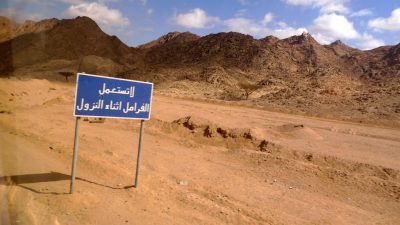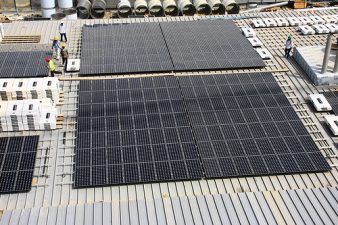
On one hand it is planting mangrove forests. On the other it’s developing Neom and ski resorts in climates too hot to ski. Saudi Arabia needs a special climate plan.
Who doesn’t want to jump onto the carbon offset bandwagon when you see Coldplay advocating it? I mean come on, that’s a cool bunch of guys, and if they are doing it, it must be the right thing to do. As interest in environmental issues has grown, so has the alluring, politically correct, celebrity-sanctioned model of carbon off-setting.
Carbon offsetting is still a relatively unknown concept in Saudi Arabia but a few foreign carbon offset companies have stated to speed up their marketing efforts in the Kingdom. While I am all for conserving the ecosphere, I think it makes sense to question the relevance and feasibility of offsets in the kingdom. Many experts now believe that the offset model comes with its own set of challenges and it will be interesting to see how these manifest in the Saudi context. Here are my arguments for why I think it won’t work:
1. Coldplay shows how trees can be Troublesome:
Forestation makes up about 20 percent of the carbon offset market. Based on the idea that trees absorb carbon, companies wishing to offset their emissions sponsor the planting of trees designed to reduce greenhouse gases in the atmosphere.
While this seems great in theory there are multiple problems with this. Firstly “Carbon emissions from burned oil, gas or coal cannot be considered as equal to the same amount of biological carbon in a tree,” according to scientists at the Forests and the European Union Resource Network.
Secondly, it may take years before a tree is able to fully offset the estimated emissions and companies mistakenly offset immediate emissions with reductions that would occur only during the 100-year life span of a tree.
Lastly and most importantly, as we saw in the case of the “Cold Play Forest”, Trees are not the most reliable carbon offset investments. Ten thousand trees were planted in India to offset the Band’s emissions during their second album and according to this detailed article in The Telegraph, 40% of those trees died within 4 years.
2. Shift of Responsibility:
There have been concerns internationally that the carbon offset model triggers the natural human desire to compensate and consumers may see it as an excuse to indulge in pollution and overly consumptive behaviours.
Saudi society is well known for its excessively lavish lifestyle and if the carbon offset model becomes the norm or the “IN” thing there is a risk that it may lead to people using it as an excuse to pollute.
3. Redistribution not Reduction:
Last but not the least, the main reason I think an offset model cannot work for Saudi Arabia is because it does not address the real issue of carbon emissions in the first place. Consumers and companies in Saudi Arabia need to discover their environmental stance before they rethink it.
In a country where the utilities are dirt cheap and the fuel costs less than a can of soda, the real problem is to wake people from their stupor. To make them realize that the resources are not unlimited and that the time is running out.
The danger of carbon offset model is that it is the easy way out. As Kevin Anderson, a scientist with the Tyndall Centre for Climate Change Research puts it, “Offsetting is a dangerous delaying technique because it helps us avoid tackling the task [of dealing with climate change]… It helps us sleep well at night when we shouldn’t sleep well at night.”
I think more than the star-crusted, latest new fad of buying carbon credits, what Saudi Arabia needs is a new model of carbon offset; a model where companies can offset their emissions by investing in their own renewable resources and energy-efficient products. A lot of local companies are already shifting to green products but what is needed is to link it with their emissions through their own customized carbon offset model.




It is perfect time to make a few plans for the long run and it is time to be happy.
I’ve read this post and if I may I wish to recommend you some attention-grabbing things or advice.
Perhaps you could write subsequent articles regarding this article.
I wish to learn more issues about it!
my webpage: 行銷 (http://www.unomatch.com)
Carbon offsetting on its own is not a solution – agreed. BUT it is a PART of solution which is the last element in hierarchy of climate change strategy.
It should be encouraged because it clearly has environmental and social benefits.
It is the only meaningful way to engage emerging countries (China, India, Brazil etc…) in the action against warming. It does help to transfer technologies, create employment, improve environment.
It’s popularity grows and what we might want to do is to consider UK’s experience. I would like to draw your attention to the world’s first standard for carbon neutrality called BSI PAS2060. This standrad for neutrality addresses all the issues raised in the article above by requiring companies to reduce their own emissions first, be transparent and only at the end apply high standard offsets.
Feel free to get in touch if you require more info. i would be glad to help.
[email protected]
The Myth of Carbon Offsets is excellent in showing the nonsense of offsetting. What a pity they don’t go on to show the nonsense of CO2 control per se. The earth is not being cooked by carbon dioxide, period. Kevin Andersen is a Marine Engineer and Mathematician, he is not a climate scientist yet he is always referred to as such, as with many others, such as economist and engineer, Rajendra Pachauri of the IPCC, also not a scientist